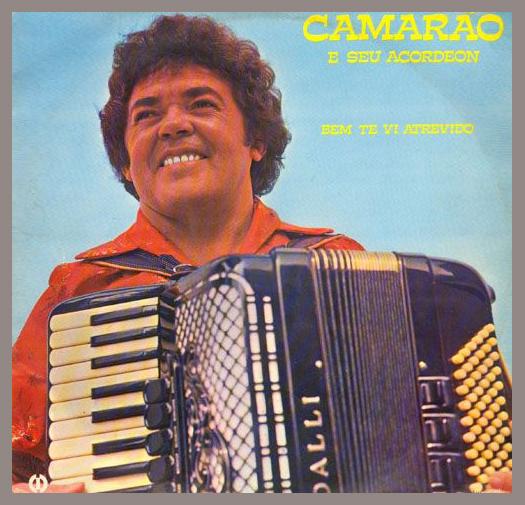 Camarão
Camarão
Camarão: A Groove-Infused Odyssey
Emerged from the vibrant streets of Rio de Janeiro, Camarão captivated audiences with their infectious blend of samba, funk, and soul. Their signature track, "Vem Balancear," became an anthem for the city's vibrant nightlife.
Early Beginnings and Challenges
Founded in the early 1980s by a group of young musicians, Camarão faced initial struggles in gaining recognition. They navigated the complexities of a competitive music industry, overcoming financial constraints and promoting their sound through live performances.
Controversies and Censorship
Their music, often infused with social commentary and explicit lyrics, courted controversy. The song "Siri" raised eyebrows with its portrayal of drug use, while "Fogo na Cumeia" drew criticism for its depiction of police brutality. Despite these challenges, Camarão remained unapologetic in their artistic vision.
Members
The band's core lineup consisted of Alex Mendes (vocals), Carlos Fernando (guitar), Jorge Fernando (bass), and Roberto Menescal (drums). Their collaborative efforts produced a unique and cohesive sound that resonated with fans across generations.
Discography
Camarão released a series of critically acclaimed albums that showcased their eclectic style. "Camarão" (1983) marked their debut, followed by "Fruto Proibido" (1985) and "Sarapatel" (1987). Their 1990 album, "O Doce Balanço da Camarão," featured the iconic track "Vem Balancear."
Legacy and Impact
Camarão left an enduring mark on Brazilian music. Their fusion of traditional and contemporary sounds influenced a generation of artists. Their songs continue to resonate with audiences, evoking the vibrant energy and social undertones of the era in which they emerged. Camarão's legacy as pioneers of groove-infused music endures to this day.
Emerged from the vibrant streets of Rio de Janeiro, Camarão captivated audiences with their infectious blend of samba, funk, and soul. Their signature track, "Vem Balancear," became an anthem for the city's vibrant nightlife.
Early Beginnings and Challenges
Founded in the early 1980s by a group of young musicians, Camarão faced initial struggles in gaining recognition. They navigated the complexities of a competitive music industry, overcoming financial constraints and promoting their sound through live performances.
Controversies and Censorship
Their music, often infused with social commentary and explicit lyrics, courted controversy. The song "Siri" raised eyebrows with its portrayal of drug use, while "Fogo na Cumeia" drew criticism for its depiction of police brutality. Despite these challenges, Camarão remained unapologetic in their artistic vision.
Members
The band's core lineup consisted of Alex Mendes (vocals), Carlos Fernando (guitar), Jorge Fernando (bass), and Roberto Menescal (drums). Their collaborative efforts produced a unique and cohesive sound that resonated with fans across generations.
Discography
Camarão released a series of critically acclaimed albums that showcased their eclectic style. "Camarão" (1983) marked their debut, followed by "Fruto Proibido" (1985) and "Sarapatel" (1987). Their 1990 album, "O Doce Balanço da Camarão," featured the iconic track "Vem Balancear."
Legacy and Impact
Camarão left an enduring mark on Brazilian music. Their fusion of traditional and contemporary sounds influenced a generation of artists. Their songs continue to resonate with audiences, evoking the vibrant energy and social undertones of the era in which they emerged. Camarão's legacy as pioneers of groove-infused music endures to this day.